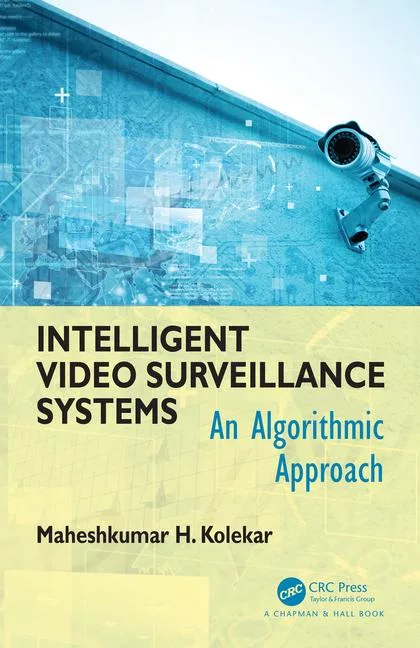Can You Outshine an Outsource?

Had a busy day zipping around the D.C. beltway recently. Checked my e-mail a dozen times on my PDA, which gets the e-mail feeds from an outsourced mail server and reflected on the beauty of outsourcing. When I stopped in at Brivo’s office in , Steve Van Till, CEO of Brivo, told me the story of how integrators over the years have complained steadily and loudly about the problems associated with the PCs they deploy to support various security applications, like access control. PCs need frequent updates, suffer crashes and hard drive failures, fall prey to viruses, and more. Dedicated PCs get used for other applications, which cause conflicts and other errors, too. Maintaining PCs is the bane of many security resellers’ existence.
Remarkably, it never seems to dawn on the security dealer to turn to software as a service – or SaaS – to outsource it.
Chuck Teubner, CEO of Vidsys, reminded me in his , , office that early IT outsourcing faced similar oblivion. “Look,” the outsourcer would say to the customer, “managing servers is not your core competence, but it is our core competence – it is a small and tedious part of your business, but it is the most important thing to our business. So why don’t you focus on your business and let us manage your servers. After all, making sure your systems are working well is as important to us than it probably is to you.”
That argument usually worked and outsourcing became standard procedure in most companies. Heck, my company, Hunt Business Intelligence, outsources Microsoft Exchange like many other small firms. Large or small, companies understand the value of outsourcing.
So why doesn’t the physical security industry outsource access control and video? It can make oversight of many geographically distributed sites much easier. What are you worried about? The security of your data? Give me a break. You personally outsource your data to banks and insurance companies and stock trading firms by the gigabyte, and your company outsources HR data, payroll and retirement data to companies that in turn outsourced data storage to private data centers. Each of those companies has more to lose if something were to go wrong than you do. Your data is usually safer with the outsourcer.
But I guess that’s the difficulty: data. The physical security industry has had a love-hate (mostly hate) relationship with the concept of data. We like to think in terms of events (door openings) or video streams. It usually doesn’t cross our minds that those things are actually data, especially if it is digitized on a hard drive or through a video encoder. If we as an industry could wrap our heads around this, then we could realize the tremendous benefits of data management.
What did you do the last time you were faced with millions or billions of bits of information? You organized it and made sense out of it and made use of it with computer software. Applications like word processors and Internet browsers take that overwhelming volume of data and turn it into pictures of your kids, e-mails to your boss or magazine columns like this one. It is the most natural thing in the world and one of the most common ways we add value to our personal lives and to our business. So why not do the same with access control, video surveillance, event management?
If you had been a part of the SecurityDreamer PSIM technology summit in , in June, you would have come to an epiphany or two about the power and potential of the data at our disposal. That deluge of data is ready to be organized by some very cool software available today from companies. Vidsys’ situation management console aggregates and correlates data from dozens of sources; Cernium’s analytics digest video into action packed moments of interesting information; Vialogy’s software translates just about any kind of sensor into a data source; Axis Communication’s network cameras turn video images into data at the source; and Cisco’s video transmission and management infrastructure speeds the flow of access and video event data across any network. So many resources are available to you.
You have all the tools at your disposal to turn the “stuff” of security into information for your business. So do it already!
Looking for a reprint of this article?
From high-res PDFs to custom plaques, order your copy today!







